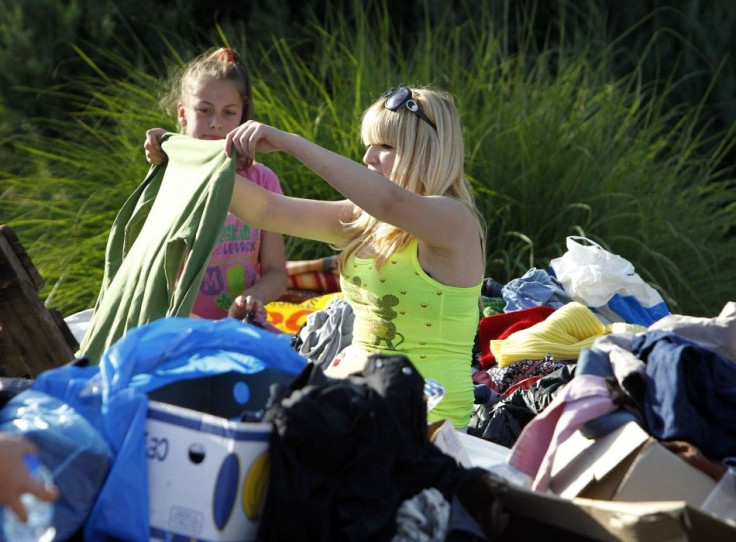Australians advised to give cash instead of 'unhelpful donations'

A report specially made by the Australian Red Cross has warned that “unhelpful donations” given to Australia's Pacific neighbours after disasters may not serve its intended purpose. It may cause the local governments more money to deal with these donations, causing more harm than good. Therefore, giving cash instead of kind is advised.
Dealing with unsolicited donations cost millions in storage fees. In addition, relief workers are forced to consume their time in sorting through donations. The cost of dealing with the donations is shouldered by local governments, which is already facing expensive disaster recovery.
Australians are advised to not send unrequested items, because unhelpful donations will likely end up in landfill. “These kinds of well-meaning donations really do have quite a few negative impacts,”Joanna Pradela from the Australian Council for International Development told the ABC. One of the negative impacts of unwanted goods is $2 million worth of storage fees.
Per the Australian Red Cross report regarding the aftermath of Cyclone Winston in Fiji last year, residents of Australia have sent sports gear, chainsaws, carpets and woolly jumpers. This stuff is not the primary things that people would need in a place with tropical climate.
While Australian’s sent food and water to affected residents in Vanuatu during the fallout of Cyclone Pam in 2015, some also sent heavy blankets, high heel shoes, and handbags. Shipping fees, storage, warehousing and distribution costs would likely exceed the value of these goods.
Organisations said the best way to help is to send money to people in disaster-struck zones. Steve Ray from the Australian Red Cross explained that when people opt to give cash instead of stuff, aid agencies are given the chance to help in the most effective way. Ray said agencies can give families cash to buy what they need from local markets or provide tarpaulins in bulk.





















